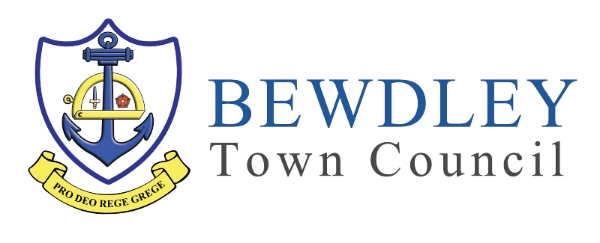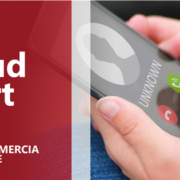Weekly Fraud Update From West Mercia Police – Economic Crime Unit – 20/02/2024 [#219576616]
CRYPTOCURRENCY FRAUD
WHAT IS IT?
Cryptocurrencies are digital currencies that use cryptography to generate ‘tokens’ and verify the transfer of these tokens between people. Criminals have taken advantage of the unregulated nature of cryptocurrencies to scam consumers.
Fraudsters are commonly using cryptocurrencies to defraud unwitting victims in two area. Firstly, in offering tempting and exciting investment opportunities, and secondly, as a method for making demands for payment.
The latter type of scam is often found in Romance Frauds where the person met online has requested money to make some fictitious “emergency” payment and proposes to the victim that they open a Bitcoin account to transfer that money.
Do remember that unlike buying traditional currency or other assets, if you send your crypto to a scammer, you can’t contact your provider to recall your transaction, as you would if you were using a credit card, so your money is lost.
How does the Investment Scam work?
Fraudsters will cold call victims and use social media platforms to advertise ‘get rich quick’ investments in “mining” and trading in cryptocurrencies.
Fraudsters will convince victims to sign up to cryptocurrency investment websites and to part with their personal details such as credit card details and driving licences to open a trading account. The victim will then make an initial minimum deposit, after which the fraudster will call them to persuade them to invest again in order to achieve a greater profit.
In some cases, victims have realised that they have been defrauded, but only after the website has been deactivated and the suspects can no longer be contacted.
What to watch out for
- Criminals will advertise schemes promising, in some cases, high returns through cryptocurrency investing or mining.
- These adverts may look official, include celebrity endorsements or personal testimonies. Often the celebrities may not even know their name or photograph has been used.
- Frequently advertised on social media, criminals try to lure you in with adverts offering easy money quickly.
- Criminals benefit from the turbulence of the cryptocurrency markets, rushing people into parting with their money, pretending they are buying in at the right time.
- If something goes wrong with a cryptocurrency investment you are unlikely to get your money back, because they mostly are not covered by the UK’s Financial Services Compensation Scheme.
HOW TO PROTECT YOURSELF
- Don’t assume it’s real – professional-looking websites, adverts or social media posts don’t always mean that an investment opportunity is genuine. Criminals can use the names of well-known brands or celebrities to make their scams appear legitimate.
- Don’t be rushed or pressured into making a decision – a genuine bank or financial organisation won’t force you to part with your money on the spot. Always be wary if you’re pressured to invest quickly or promised returns that sound too good to be true.
- Stay in control – avoid uninvited investment offers, especially those over cold calls. If you’re thinking about making an investment, get independent advice and thoroughly research the company first.
Please feel free to share this information with any family, friends, neighbours.
Take Five to Stop Fraud
STOP: Taking a moment to stop and think before parting with your money or information could keep you safe.
CHALLENGE: Could it be fake? It’s OK to reject, refuse or ignore any requests. Only criminals will try to rush or panic you.
PROTECT: Contact your bank immediately if you think you’ve fallen for a scam and report it to Action Fraud
ALWAYS REMEMBER:
- Avoid disclosing security details
- Emails, Phone Calls and Texts may not be authentic
- Always make direct contact with any organisation by using a genuine phone number
- Stop and Challenge any unexpected requests
- Protect others by reporting Fraud and Scams
—————————————————————————————————–
If you’ve fallen for a scam, report it to Action Fraud on 0300 123 2040 or via actionfraud.police.uk
Scam Text messages can be forwarded to 7726 to help phone providers take early action and block numbers that generate spam on their networks.
Forward Fake Emails received to report@phishing.gov.uk
If you think your bank account or personal banking details have been used fraudulently, then use the short phone number – 159 – to contact the Fraud Prevention Department of most major UK banks.








